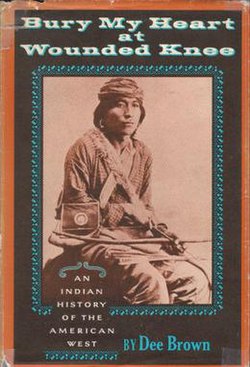************
Is there more than one kind of colonialism?
Is history simply another form of fiction? Is it just a story we tell ourselves to make sense of the past in a way that makes us feel good about ourselves and our ancestors?
Why do the two famous cities of Los Angelus and San Francisco have Spanish names? Does Texas have a special history and what was its relationship with Mexico in the past?
Are our stories, our dominant narratives 'self-serving'? Is there a hidden history of women, people of colour and other minorities which is not represented in the dominant narrative of histories which make up history?
Is this where TOK meet Literature and History?
The word colonisation has a negative ring in the modern era. In the aftermath of World War 2, Britain, Holland and France withdrew from many colonies. Sometimes peacefully and sometimes not.The intellectuals of the time Sartre and Chomsky and others all applauded.
We all understand that European countries invaded and colonised other countries and peoples during the Age of Empires.
But is there another kind of colonisation? The imposition of a power structure by one group on another. Not based on merit or fair competition but based on colour, religion or denial of equal rights. Think South African White Power and Apartheid before Mandela.
But America was always a beacon of freedom, right? Was America born in liberty in 1776 or was it in fact just another type of colonial power?
Imagine an alternative narrative - white immigrants many originally British or Irish, others from European countries (now calling themselves Americans) rebelling against the British King so they could be free OR so they could oppress the Native American Tribes and the black people they kept as slaves? Which version of history is more popular in America? Which version is true? Which version is more pleasant?
The American Dream includes the dominant narrative of the white pilgrims and settlers breaking the bonds of British rule in American in 1776. Then the Land of the Free and Home of the Brave became the NEW WORLD. In "The Great Gatsby" this idea of America as a new beginning, a new paradise, a new Garden of Eden where each man can reach out for his own 'green light', his own dream is very strong. But what about the original NATIVE AMERICANS? What about the black people kidnapped as slaves and brought to America? What about the Native American tribes who were already living on the lands of American for thousands of years before the White Man first arrived there to 'discover' America?


Bury My Heart at Wounded Knee was first published in 1970 to generally strong reviews. Published at a time of increasing American Indian activism, the bestseller has never gone out of print and has been translated into 17 languages
Wounded Knee was the location of the last major confrontation between the U.S. Army and American Indians more correctly called THE FIRST AMERICANS or NATIVE AMERICANS.

No comments:
Post a Comment
Note: only a member of this blog may post a comment.